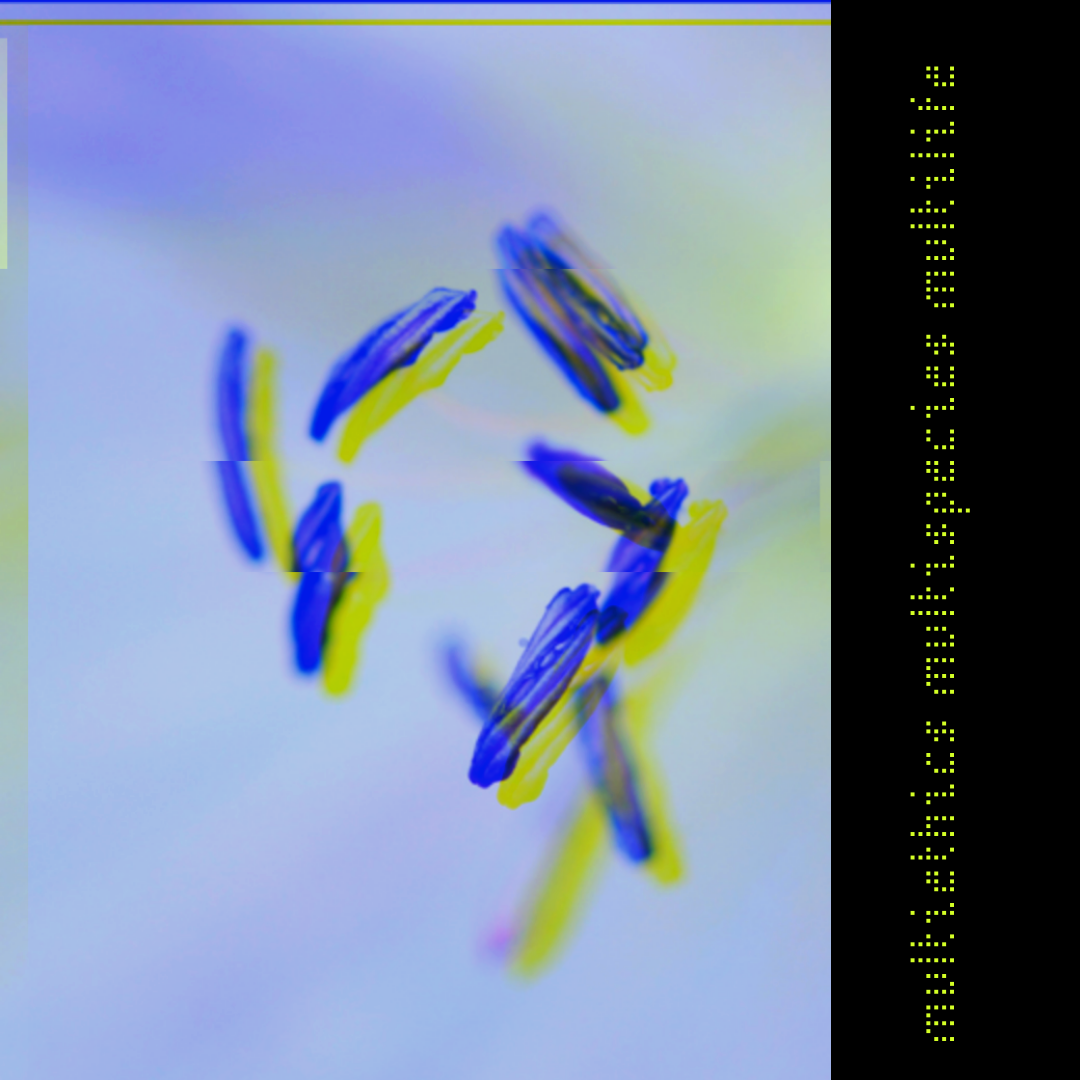
Catherine Carter
Artist Statement: Talking & Listening to Plants
As I wrote in an artist statement the last time PHQ was kind enough to publish my work, I have some doubts about using the word “nature” to mean what’s-not-human; it seems to imply that for good or ill, we human people aren’t nature, but something else. And that’s not true. Everything we do is natural, because we’re part of nature. It’s natural to reason and problem-solve, to greater or lesser degrees, like crows, cetaceans, or chimpanzees; it's natural to create things more elaborately than survival requires, like the weaver-bird’s bower; it’s natural to feel love and celebrate it, like the dances of seahorses or like elephants’ mourning over the dead; it’s natural to feel awe and even worship, like perhaps the chimpanzees’ waterfall dance. And it’s natural for living things to overpopulate when resources are plentiful, to eat the resource barren when that population gets too high, and to experience famine and population crash when the resource won’t bear any more. And so it is with the foxgrape in my poem: it’s beautiful, native, wildly energetic; it’s prone to climb over every obstacle in its path; all of these are sometimes human qualities, all of which I admire—and, too, if I don’t cut it back periodically, establishing my own fraught version of balance, a time will come when there’s nothing there but grapevine. It’ll smother everything, including the native inkberries and raspberry canes I’ve planted on that hillside. I love it, and sometimes take it as a model, and I damage it to keep it from taking over, and all that, too, is natural.
Catherine Carter’s poetry collections with LSU Press include Larvae of the Nearest Stars (2019), The Swamp Monster at Home (2012), and The Memory of Gills (2006), with By Stone and Needle forthcoming in fall 2025. Jacar Press has also printed her two chapbooks, and her work has appeared in Poetry, Ploughshares, RHINO, Asheville Poetry Review, and Best American Poetry 2009, among others. She is a professor of English at Western Carolina University.

